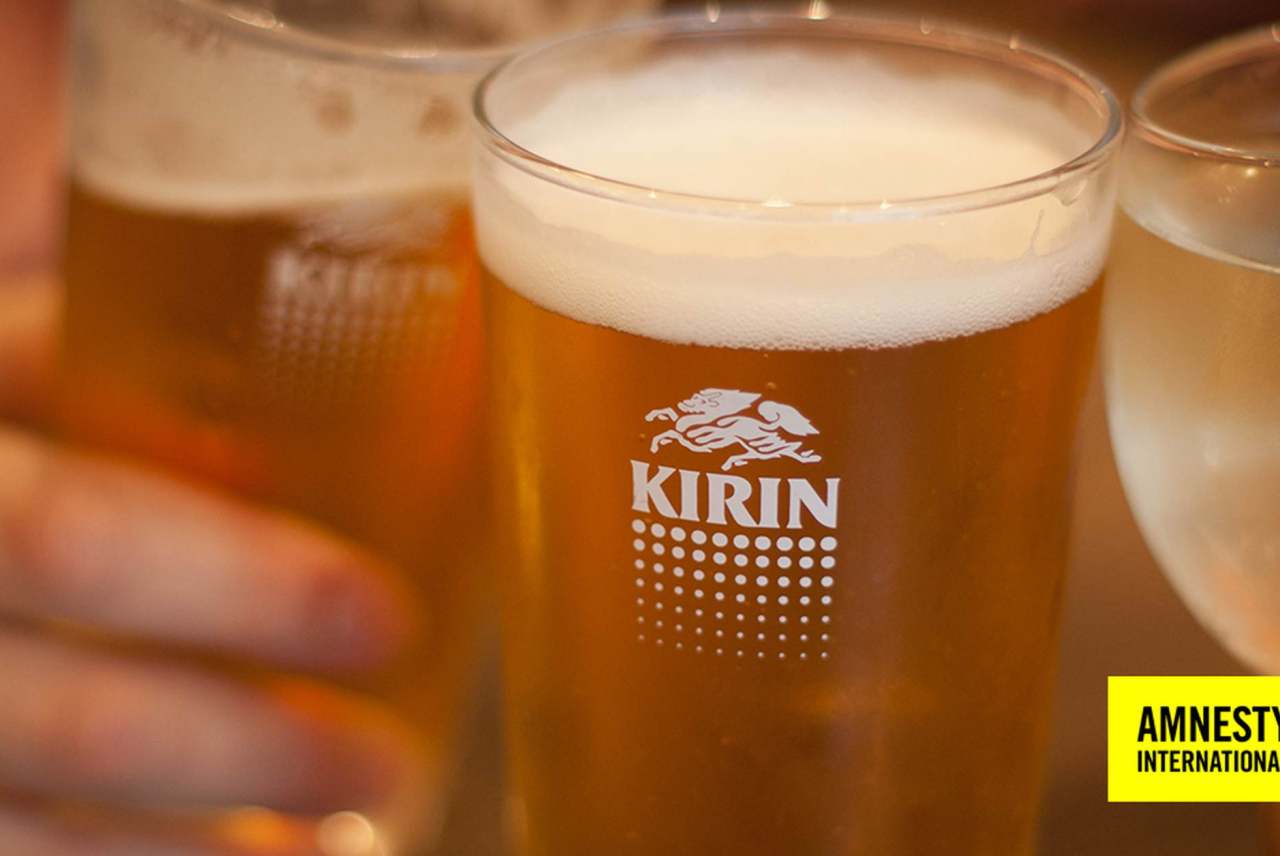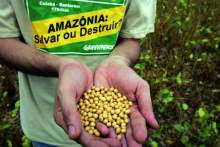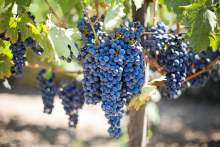The Dirty Dozen
Pesticides used in agriculture can often leave detectable traces of chemicals in, or on, our food known as ‘residues’. Crops are not sprayed just once during a growing season; multiple applications of different pesticides can be applied – as many as 20 different chemicals can be applied to winter wheat for example.
Pesticides Action Network has analysed government data on residues on fruit and veg and has come up with a dirty dozen list – 12 fruits to avoid as a top priority if you can’t access a fully organic diet.
It lists the ‘dirtiest’ fruit and vegetables based on what percentage of samples revealed residues of more than one pesticide. Our regulatory system is only set up to assess the safety of one pesticide at a time, and so misses what is often called ‘the cocktail effect’.
More details from www.pan-uk.org/dirty-dozen








